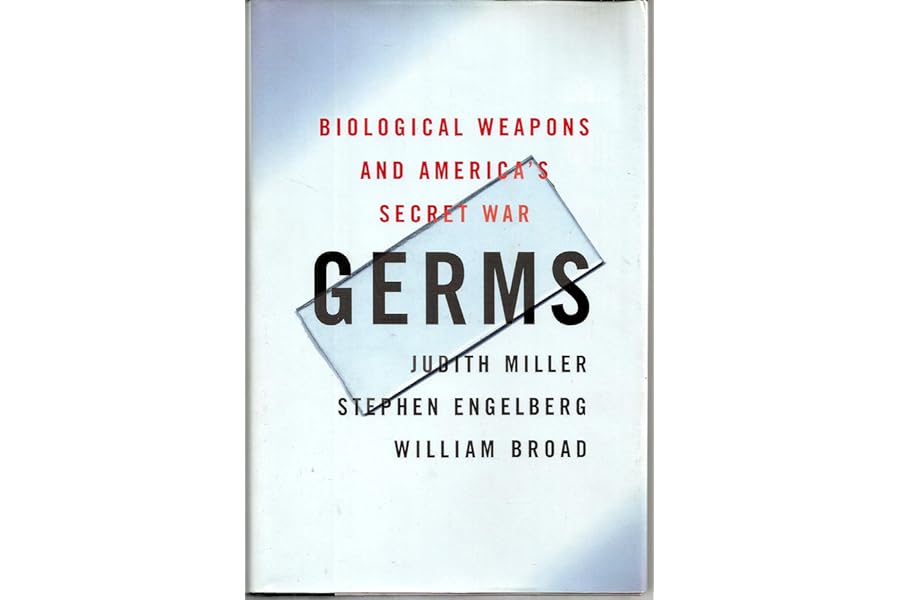One Sentence Summary:
A journalistic account of the development and use of biological weapons by the United States and other countries.
Book Genre:
Non-fiction, investigative journalism, political science.
Main Topic of the Book:
The book explores the history of biological weapons, their potential use in modern warfare and terrorism, and America’s role in their development and use.
Key Ideas:
- Biological weapons have been used throughout history, but advancements in science and technology have made them more dangerous and accessible.
- The United States has a long and controversial history of developing and using biological weapons, despite being a signatory to the Biological Weapons Convention.
- The threat of biological weapons has increased in the post-9/11 world, with potential use by state actors and non-state actors alike.
- Lack of government transparency and accountability has contributed to the proliferation of biological weapons.
- Effective prevention and preparedness measures are imperative for mitigating the impact of a biological attack.
Main Parts of the Book and a Short Summary:
- Part One: Past and Present Threats – The first part of the book examines the history of biological weapons and their use in warfare, from ancient times to modern conflicts such as the anthrax attacks in 2001.
- Part Two: Following the Trail – This section delves into the development and use of biological weapons by the United States, including controversial programs such as Project 112 and Operation Whitecoat.
- Part Three: Preparing for the Future – The final section looks at the current state of biological weapons, their potential use in modern warfare and terrorism, and the efforts being made to prevent and respond to a biological attack.
Key Takeaways:
- Biological weapons have been used throughout history and their potential use in modern warfare and terrorism is a growing threat.
- The United States has a controversial history of developing and using biological weapons, despite being a signatory to the Biological Weapons Convention.
- Government transparency and accountability are crucial for preventing the proliferation of biological weapons and mitigating their impact.
- Efforts must be made to improve prevention and preparedness measures for potential biological attacks.
Author’s Background and Qualifications:
Judith Miller is an award-winning investigative journalist and Pulitzer Prize finalist who has dedicated much of her career to national security and terrorism reporting. She has written numerous books on topics such as biological and chemical weapons, and has won numerous awards for her work.
Target Audience:
The book is targeted towards anyone interested in the history and modern use of biological weapons, as well as those concerned with national security and terrorism. It may also appeal to readers interested in government transparency and accountability.
Publisher and First Publication Date:
Published by Simon & Schuster in 2001.

